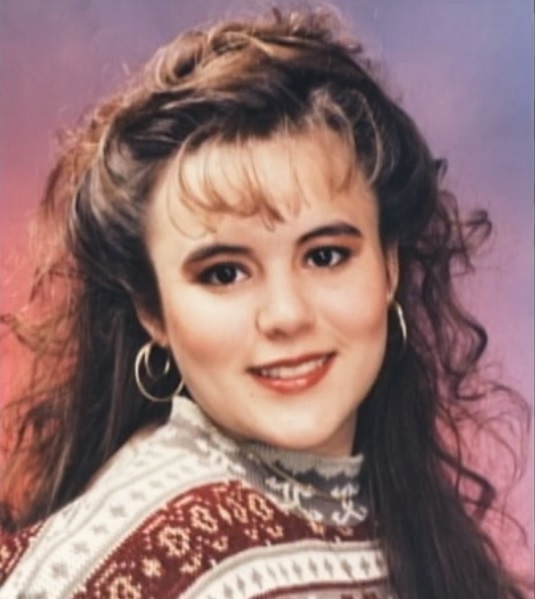

Mark Olden, Murder in Notting Hill, Zero Books (rpt 2011).^ "Kelso Cochrane Honoured With A Blue Plaque" Archived at the Wayback Machine,.^ Lloyd Bradley, Bass Culture: When Reggae Was King, Penguin Books, 2001 ( ISBN 3-1), p.^ Mark Olden, "Stephen Lawrence and echoes of the past", Murder in Notting Hill.^ a b Steve Silver, "Who killed my brother?", Searchlight, May 2006.^ a b c Steve Silver, "The murder of Kelso Cochrane – a postscript", 17 January 2011.Comparison of the racist murders of Stephen Lawrence and Kelso Cochrane. ^ a b c d e The Long View documentary, BBC Radio 4, 17 January 2012.^ a b c d e Raphael Rowe, "Who killed Kelso Cochrane?" BBC News, 7 April 2006.CO 1031/2941 The Criminal Investigative Divisions of Antigua’s background check of Kelso Cochrane Jsubmitted to the “Secretary of State”. ^ The National Archives (formerly known as the Public Records Office), Kew, UK.Mosley polled under 3,000 votes in Kensington North in the general election in October. Ĭochrane's murder is believed to have led to a decline in support for Oswald Mosley, who was planning a return to politics in the UK. and was able to put her in touch with her uncle. Steve Silver, who was in contact with the BBC researchers and wrote an article in Searchlight coinciding with the programme, later reported that he had heard from Kelso Cochrane's daughter in the U.S. Ī BBC Two television documentary broadcast on 8 April 2006 covered the first visit by Stanley Cochrane to England that year to try to find out more about his brother's death and ask for a police re-investigation. Following on from the murder, the Home Secretary launched a public inquiry into race relationsįrom 1959, activist Claudia Jones organised events to celebrate Caribbean culture "in the face of the hate from the white racists", which are seen as forerunners of the first Notting Hill Carnival in 1964. Over 1200 people attended Cochrane’s funeral from all sections of the Notting Hill community, white and black. His murder was emblematic of the racial tensions that existed at the time but also a desire to unite a community. The police were believed to have been complacent in their investigation and there were some accusations of a cover up. Although the killers were well known in local circles, they were not named publicly until 2011 and no-one was ever charged with the murder. Witnesses were likely to have seen the incident however, they were reluctant to report what they saw to the police because they were concerned about possible reprisals.

Following the murder, the British Government organised an investigation into race relations, chaired by Amy Ashwood Garvey. Mosley himself later held a public meeting on the spot where Cochrane had been murdered. Local Union Movement member Peter Dawson later claimed to the Sunday People that it had been a group member who was responsible for the murder.

Searchlight magazine claimed in 2006 that the police's public denial of any racist motive "was almost certainly a misguided attempt to ensure calm in the area". The detective investigating the cases was initially convinced that the youths' motive was robbery, but Cochrane's lack of money was explained by his fiancée, as Cochrane himself had emptied his wallet that morning. The previous year, race riots had broken out in that area. Notting Hill was at the time a stronghold for Oswald Mosley's Union Movement and Colin Jordan's White Defence League. His funeral procession on 6 June 1959, from St Michael and All Angels Church along Ladbroke Grove to Kensal Green Cemetery, was attended by more than 1,200 people. The three men took Cochrane to hospital, where he died an hour later. Three other men arrived on the scene, and the youths ran off. While walking home, shortly after midnight on, the 32-year-old Cochrane was set upon by a gang of white youths, who stabbed him with a stiletto knife. He aimed to save sufficient money to study law.Īfter fracturing his thumb in a work accident, he attended Paddington General Hospital. He had moved to London in 1954, where he settled in Notting Hill and worked as a carpenter. Cochrane was born in Antigua, and had a failed marriage in the United States.


 0 kommentar(er)
0 kommentar(er)
